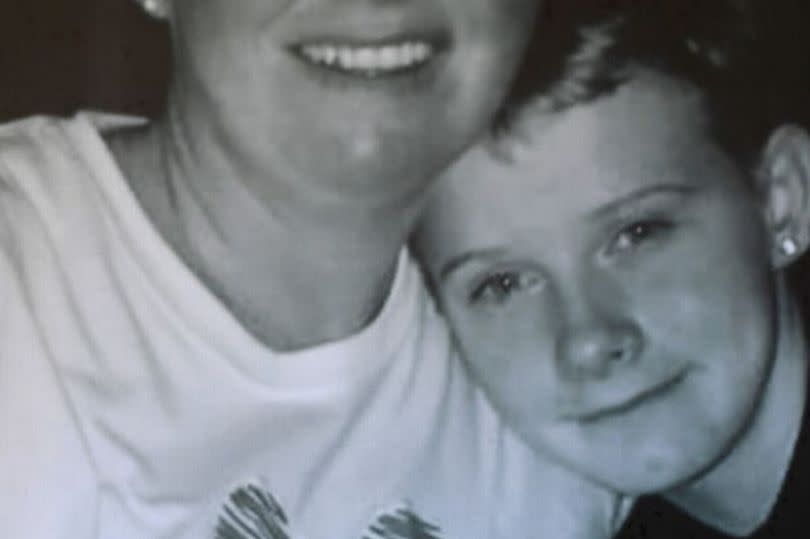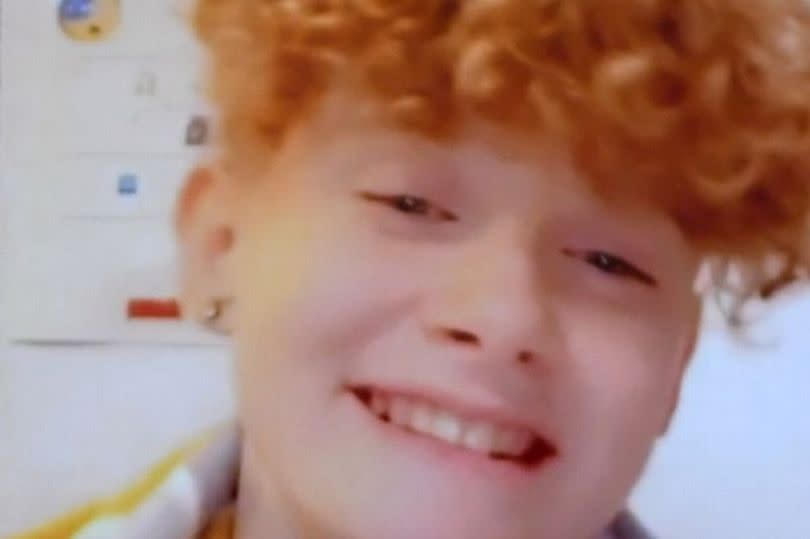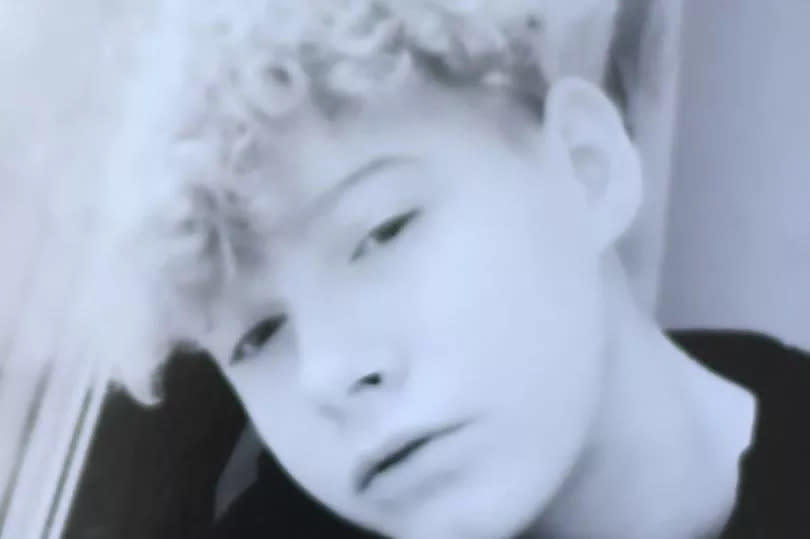Teen Charlie Millers died after treatment on short-staffed mental health ward, inquest told

The mental health ward where Charlie Millers suffered a fatal injury struggled with short staffing, an inquest has heard. However, staff taking care of Charlie before his tragic death say observations on him were happening every five minutes, as planned.
The 17-year-old trans boy died five days after he was found unresponsive in his room on mental health unit Junction 17 at the site of the former Prestwich Hospital, run by Greater Manchester Mental Health Trust (GMMH) on December 2nd, 2020.
Charlie died from a hypoxic brain injury after being found completely unconscious with injuries caused by a ligature. At the time he was on a strict observation regime where he was supposed to be checked on every five minutes, the court was told in a four-week inquest with a jury.
READ MORE: Psychiatrist apologises publicly for comparing tragic teen's life to a car crash
Staff who were working at the Junction 17 unit at the time of Charlie’s fatal injuries said in a hearing today (April 16) that the service struggled with short staffing. There was a ‘big challenge with staff retention’, explained Natalie Hughes, a mental health nurse working for GMMH at the time of Charlie’s death.
Those who were experienced nurses were also tasked with training up new staff who ‘potentially wouldn’t stay’, she said: “Keeping registered nurses was a challenge… that made it hard work on a ward because it felt like you had fewer experienced nurses…
“You would have new nurses shadowing you that potentially wouldn’t stay.”
Another staff member giving evidence today told of how the trust has done ‘work around staff retention’ to improve since Charlie’s death.
The GMMH staff who were called to give evidence included Hannah Brown, a support worker on Junction 17 on the night of Charlie’s fatal incident on December 2, 2020. Ms Brown told Rochdale Coroner’s Court how she heard a strange noise coming from Charlie’s room and saw him ‘lying face down with his hood up’, before finding Charlie had used a ligature just after 8pm.
Ms Brown and another staff member removed the ligature and said Charlie later came out of his room and started ‘joking’ and engaging with staff again in the communal area of the unit. It was one of four ligature incidents that took place in the hours leading up to his fatal incident.

Harry Osemwegie, a bank support worker who was tasked with carrying out the five-minute interval observations on Charlie later on that evening, and was the staff member who found Charlie in the moments after he had sustained injuries that would prove fatal. Mr Osemwegie faced questions about whether he had filled in a sheet recording the five-minute observations on Charlie, as Coroner Joanne Kearsley told the court that she had not been provided with the five-minute observation record but had been given a record of the observations on patients happening every 15 minutes in evidence.
Mr Osemwegie could not confirm whether there was documentation for the five minute observations, but said he had been noting down his ‘one in five’ checks, ‘instead completing the 15 minute document’.
“There were instances where I did one in two [minutes], I know you have to be extra vigilant so I did more than one [observation] in five in some instances,” he told the inquest.
“It was just Charlie who was having one in five observations, that was the instruction.”

Charlie, from Old Trafford, had struggled with his mental health from about the age of five, which worsened through his teenage years. This manifested itself in serious self harm, thoughts of wanting to die and hearing voices, including a voice which Charlie named 'X' which told him to harm his family or himself.
The inquest had earlier been told how Charlie had been through a lot of 'trauma' throughout his life including being 'bullied at school' with 'acid thrown on him' and 'sexual abuse' over the course of five years. Charlie felt 'worthless', struggled with 'big feelings of shame' and 'did not feel safe in his relationships' ahead of his death, one doctor said.
His mother said she was determined to make sure Charlie got help. This included supporting Charlie in exploring his gender dysphoria, as Charlie had been saying from a young age, while still at primary school 'I am a boy'.
In the days approaching his death during his final stay in Junction 17, GMMH staff told the inquest how Charlie was exacting increasingly risky harm to himself. But they said he was also speaking about his hopes for the future, including his excitement for the upcoming Christmas – and how he was keen to work towards getting better and going home from the unit more permanently.
Ms Brown spoke of how she shared in laughter with Charlie as he loved to dance, show off his Rubik’s Cube skills, and play games like cards.
Proceeding.

 Yahoo News
Yahoo News 
